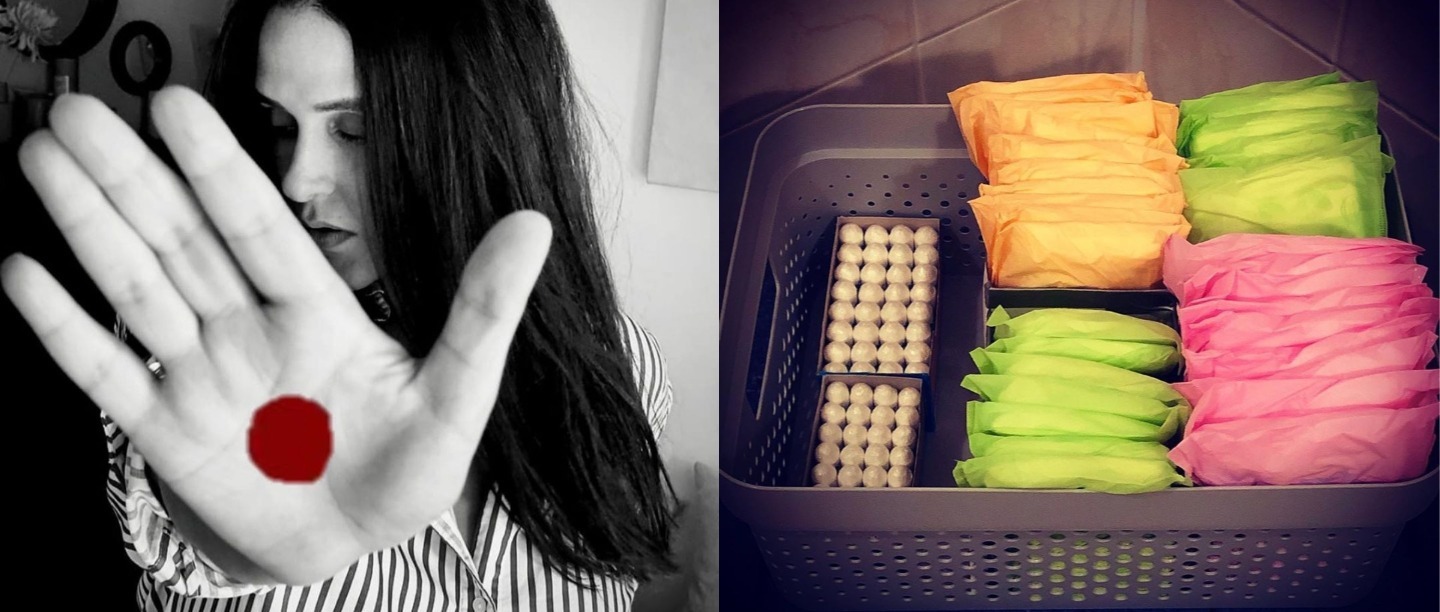
From increasing domestic violence to the added burden of daily chores, women have been taking the brunt of the current lockdown. To make things worse during an already taxing time, a recent survey by Menstrual Health Alliance India (MHAI) suggests that women’s access to menstrual hygiene products has dropped significantly during the lockdown owing to a number of factors.
As per the survey, a vast chunk of women in India depends on community organisations and schools for period products and thus haven’t been able to access them during the lockdown. The survey was carried on remotely with inputs from 67 such organisations. These organisations have been engaged in various relief operations during the coronavirus crisis and 45 of them work in India.
While 62% of respondents have stated that “in the communities they work with, access from regular channels for consumers has become challenging, 22% organisations report that there is no access to menstrual products at all.”
Aimed to analyse the production, distribution, and access to menstrual hygiene products, the survey found out that the shortage has been caused due to limited or restricted production during the lockdown. The majority of manufacturing units have been adversely affected and “25 percent said that units are currently open, 25 percent are not open, and 50 percent are working at partial capacity. In terms of availability of raw material for the next three months, one fourth has raw material but most of them either have partial availability of raw material and 35 percent have no availability, which is a serious concern for the future supply of products.”
Before the beginning of lockdown, 89 percent of these organisations were accessing community-based networks for the distribution of menstrual hygiene products. However, when it comes to serving the community demands properly during the lockdown, “only 24 percent can do that whereas 46 percent can only give the services partially and 36 percent cannot provide any service at all. So there’s an issue of connecting with appropriate supply chain and appropriate service providers as well. This is both for relief efforts and regular consumer demands.” Sixty-seven percent of them have halted normal operations during the outbreak, which stands as a huge challenge for women who were relying entirely on these organisations for menstrual hygiene products.
According to Tanya Mahajan, Development Solutions Coordinator of MHAI “Most adolescent girls from low-income households depended on school-based supply in government schools. Given that schools have been closed since the lockdown, they have started using cloth pads. We need to look at how reusable product choices like cloth pads and menstrual cups can be promoted with information on maintenance of hygiene in order to build resilient MHM practices.”
The survey was released as part of an online workshop organised by Dasra in partnership with Change.org earlier this month. Solutions for hiccups during the coronavirus relief work were also discussed during the workshop. Short term distribution of menstrual hygiene products through relief centres, effective management to ensure access to menstrual products, increase dependence and distribution of reusable products such as menstrual cups, reaching out to the local administration for access to storage in schools were pitched as some of the ideas for immediate relief.
The current lockdown has further strained an already big crisis in India. Therefore, we urge you to reach out to people and help them with period supplies during the lockdown. Look out for your house help’s menstrual hygiene needs and of women in the underprivileged communities in your city. Trust us, a little help can go a long way and help India fight this menstrual health crisis.